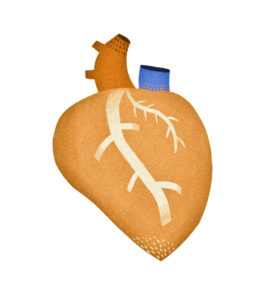
This is one of the more interesting things I’ve read in a while. As much for what it represents as what it says. A couple of thoughts:
If the artificial intel for EKGs isn’t reliable then why is it used?
Clearly primary care doctors don’t understand the limitations of machine interpretation of EKGs. If self-driving cars worked this way they’d never get beyond the test track. Why do cardiologists or EP docs let this stand?
“When the doctor does not recognize the faulty read the patient is misdiagnosed”
What makes us flip to trust machine intelligence? And when will machines be liable for what they tell us? This flexion point where technology frees us from the responsibility of backup supervision will represent a critical point.
Interpreting EKGs is a robot’s work
While today we can feel smart about identifying patterns, the machines will ultimately eat our lunch. Some doctors see this as a problem. But when our work moves beyond the interpretation of squiggly lines we’ll be closer to the things that we do best.
As Deloitte’s John Hagel suggested at SXSW Interactive this month,
We need to rethink at a fundamental level what work should be for human beings. Today’s work is “tightly specified, highly standardized & tightly integrated – something that algorithms can do much better than humans.”
Machines will evolve to do ‘mindless’ things like identify heart rhythm disturbances. As that happens our work as doctors will be redefined around the things that only we can do as humans. Those things involving, as Hagel suggests, “imagination, creativity, curiosity and emotional and social intelligence.”
Hard to imagine. Especially for doctors who see medical work in the context of 20th century roles, technology and workflows.
If you like EKGs and Artificial Unintelligence, you might like Digital Stethoscopes: Analog Dressed for Digital or Individual Responsibility in Medicine.
Image with permission from Sarah Goodreau.